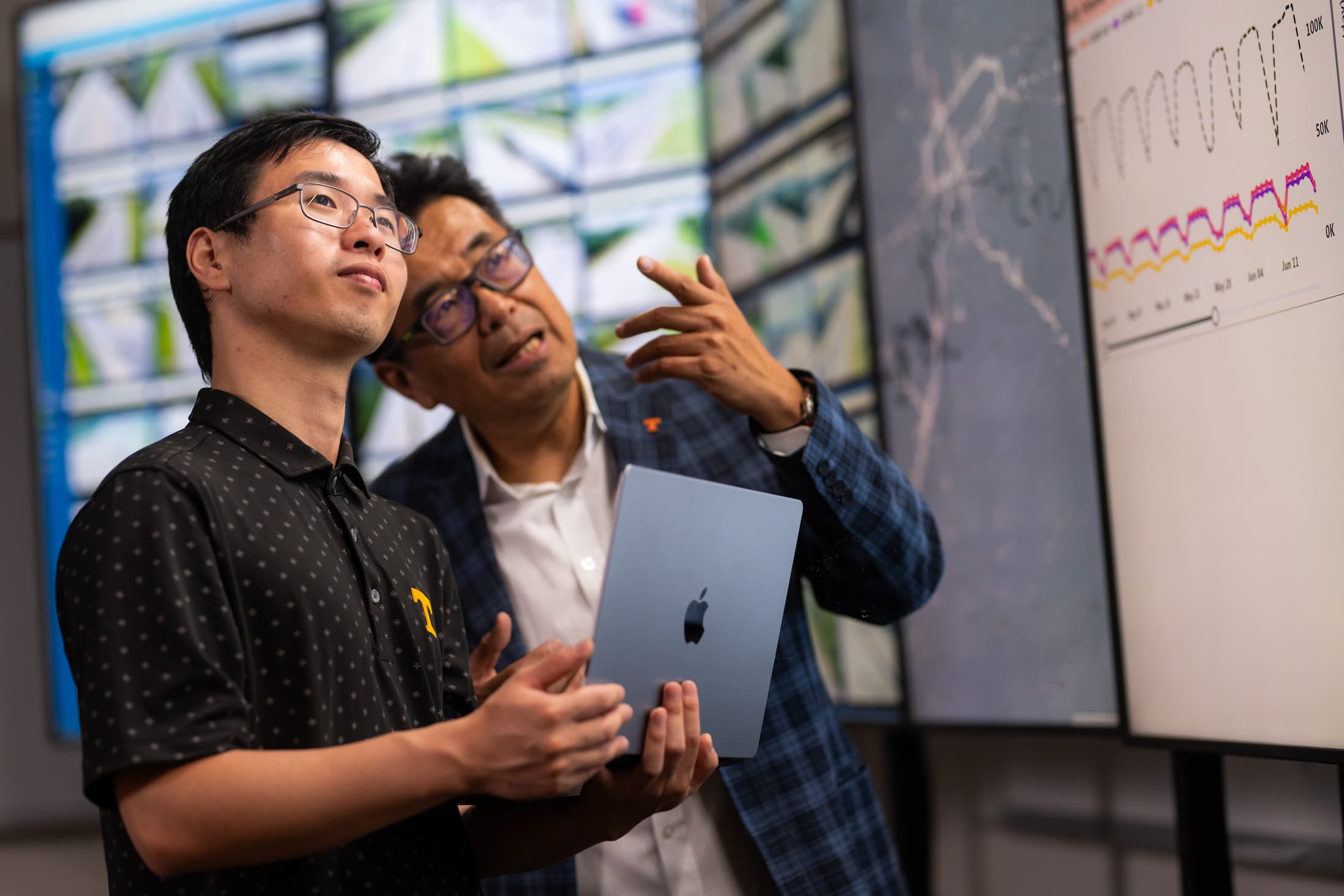
Forge Your Own Path
College of Emerging and Collaborative Studies
CECS is a first-of-its-kind college revolutionizing higher education.
As a hub for collaboration, CECS brings together campus expertise to develop cutting-edge curriculum and provide learners from ALL colleges with access to emerging technology and in-demand skills. Through our innovative faculty and strong industry partnerships, you will gain real-world hands-on learning experiences, preparing you for the future of work.
The CECS Experience
The possibilities are limitless at CECS. Explore your interests, customize your degree path, enhance your knowledge in emerging areas, and gain valuable, in-demand skills to prepare you for the careers of the future. When we say ‘Forge your own path!’ – we mean it!

Exploratory Courses
CECS offers exploratory courses in emerging areas like artificial intelligence, data science, and cybersecurity to develop a foundational understanding of technologies and trends impacting the future of work. These courses are available to all students regardless of college or major.
All exploratory courses are Vol Core designated, including our signature CECS 101 course, Design Your Career, Design Your Degree, which utilizes design thinking to help you design a roadmap to achieve your career goals.
Undergraduate Programs

Certificates
Add a certificate in an emerging field like artificial intelligence or data science to your degree path to enhance your knowledge and develop in-demand skills.

Minors
Further your knowledge in emerging technologies like cybersecurity and data science by adding a minor to your degree program.

Undergraduate Majors
Develop in-demand skills in emerging fields such as Data Science, Artificial Intelligence and Cybersecurity through a CECS customizable degree.
Graduate Programs

Graduate Certificates
Enhance your graduate program by adding a certificate in an emerging field to develop sought after skills in emerging fields.

Graduate Degrees
Gain deeper knowledge, research experience, and valuable professional connections that can set you apart and enhance career opportunities.
*Coming Soon*
Career Readiness

RISE
Connecting industry professionals and with learners ready to launch careers in cutting-edge fields like Data Science, AI, Cybersecurity, and Sustainability.

PATH
A dynamic certificate comprised of work-based learning experiences developed in partnership with industry to equip learners with in-demand skills for the future workforce.

Experiential Learning
CECS works closely with industry partners to provide all learners with real-world, hands-on learning experiences through internships, capstone projects, and research opportunities.

CECS gives every student at the University of Tennessee, whether you are a CECS major or a major at any college on campus, access to emerging technology and future-focused, cross-cutting, customizable education. By fostering innovation, collaboration, and hands-on experiences through close partnerships with industry, and with future workforce ready curriculum, you will develop sought-after skills, preparing you for rewarding, meaningful careers. We are changing the face of higher education – forge your own path with CECS!
Ozlem Kilic
Vice Provost and CECS Founding Dean
News and Events
Request More Information
Interested in learning more about the College of Emerging and Collaborative Studies?



